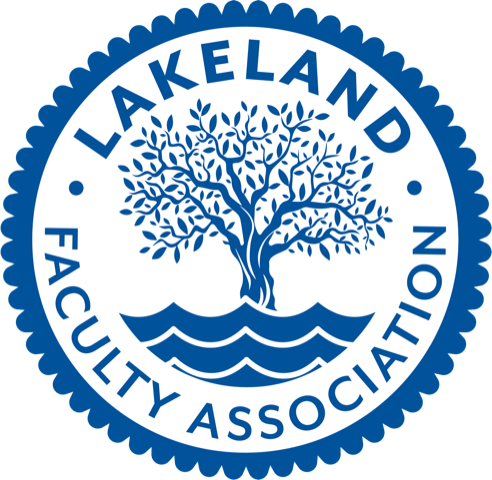Keep Political Games out of Lakeland
LFA President Tobin F. Terry’s remarks delivered at the September 29, 2022 Lakeland Board of Trustees meeting regarding the approved motion from the September 1, 2022 meeting to form a trustee-only committee to review the words “diversity,” “equity,” and “inclusion” as they appear in Lakeland policies and documents. Dr. Beverage, Chairperson Vitaz, and Board of […]
Diversity, Equity, and Inclusion are Lakeland’s Legacy
LFA President Tobin F. Terry’s remarks regarding the motion to remove the words equity and inclusion/inclusivity from the Lakeland Community College Strategic Plan at the September 1, 2022 Lakeland Board of Trustees Meeting Dr. Beverage, Chairperson Pro Tem Frager, and Board of Trustees: Thank you for the opportunity to address you today regarding item 8A of the agenda. […]
